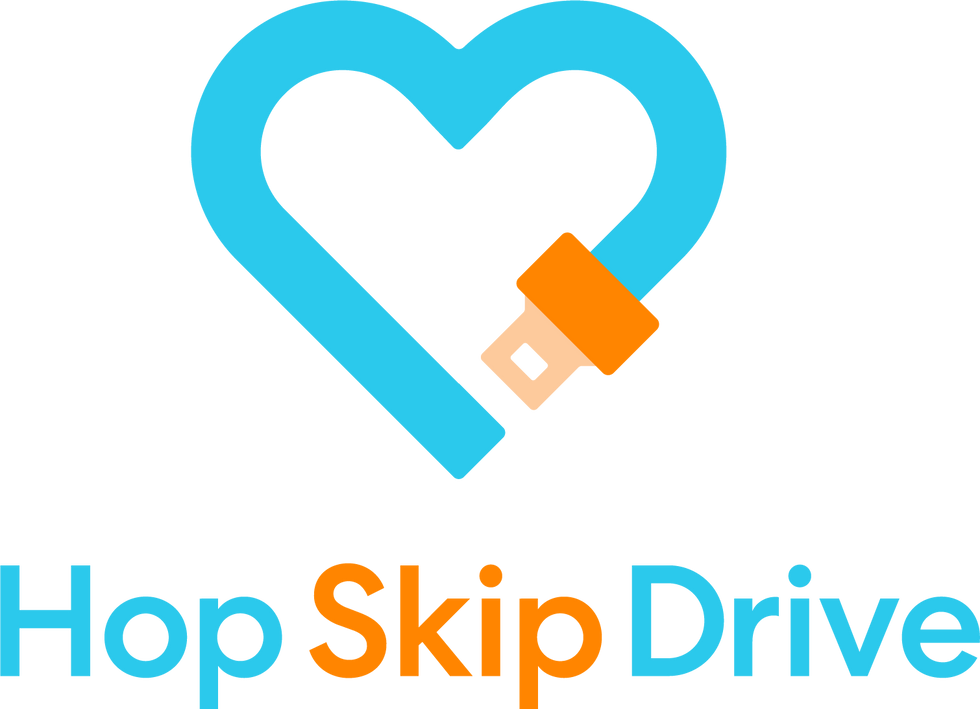Even before the coronavirus pandemic, telehealth had been lauded as a great equalizer in the health care world.
The benefits were clear: It could help patients avoid travelling long distances and allow those with dependents to seek help without looking for childcare. And for poor neighborhoods and rural areas, where health care options are few and far between, telehealth could send specialists straight to their doors.
Those advantages have only become obvious during the pandemic, as executives from Honeybee Health, Advekit and Kenshō Health explained during dot.LA's panel "Telehealth: The New Way To Stay Healthy." The conversation was moderated by dot.LA's Rachel Uranga.
"We were seeing about 80% of people were looking for an in-person therapist and about 20% wanted to receive therapy via telehealth," said Alison LaSov, co-founder & CEO of therapy platform Advekit, referencing the company's pre-pandemic clientele breakdown. "And that has completely flipped at this point. So about 20% of sessions are now done in-person and 80% are telehealth."
Advekit, which raised $2.6 million in a seed round in June, pairs up potential patients with therapists based on a small quiz the patient takes.
Telehealth has soared during COVID. FAIR Health, a health insurance data nonprofit, found that telemedicine claims have increased 30 times over between August 2019 and August 2020. A study conducted by California Kaiser Permanente found that the volume of psychiatric appointments increased overall (by 7%) between 2019 and 2020.
The increasingly online adoption of telehealth services allowed online pharmacy Honeybee Health (the first U.S. pharmacy to ship abortion pills straight to the home) to keep people on their medication for a longer amount of time, according to Jessica Nouhavandi, co-founder, co-CEO & lead pharmacist at Honeybee Health.
"Continuity of care is really important. We want to help people stay on their medication, afford it, and be able to have the resources they need to do that," she said. "And so telemedicine really helped us be able to help keep people on their medication."
However barriers to entry still exist for communities that already have a hard time accessing health care services: the poor and those who live in rural areas.
There are a myriad of reasons for that - Medicaid and Medicare reimbursement rate is still sparse, which makes it difficult for patients to reimburse their treatments. And especially in rural areas, where broadband internet access is weak, video chatting with a health care professional might further create a gap between patient and provider, according to the American Hospital Association's Rural Health Task Force report in May.
Most importantly, patients still need to buy in to telehealth, which means people need to invest. The same Kaiser Permanente study found the rate of new psychiatric patients declined by 42% from 2019 to 2020.
However, telemedicine did work to bring more options to patients - instead of waiting on a long waitlist to see a specialist or a therapist, a patient might be able to find a professional across the country.
"When it was very geospecific, you had patients and providers who are likely very well suited to be working together but dispersed across the country and disconnected," said Krista Berlincourt, co-founder & CEO at Kenshō Health. "And you're creating a unified ecosystem, which is really the way that you want people to work, right?"
- Moving Analytics Is Betting Telehealth Is Here to Stay - dot.LA ›
- Is Telemedicine At a Tipping Point? L.A. Doctors Hope So - dot.LA ›
- Telehealth Provider Cloudbreak to Go Public via Spac - dot.LA ›
- Why the Telehealth ‘Revolution’ Misses Underserved Patients - dot.LA ›
- Honeybee Health and Others on Abortion In A Post-Roe Era - dot.LA ›







